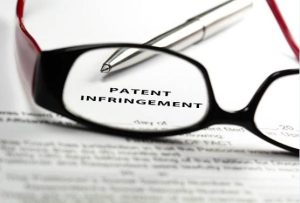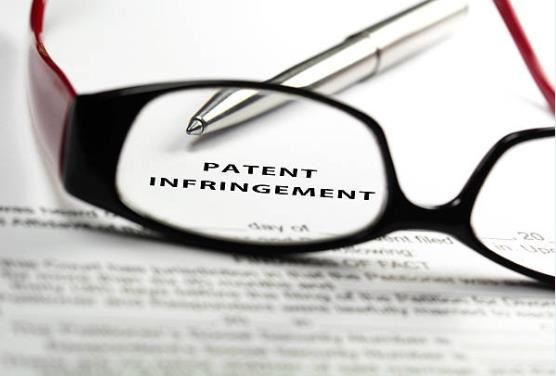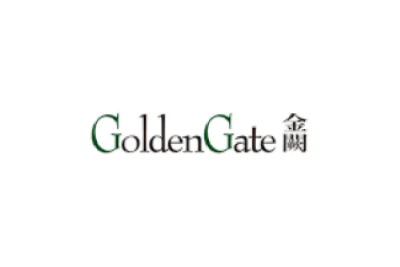
In China, in addition to mediation and litigation, patent infringement disputes can still be settled by way of administrative adjudication if the relevant criteria are satisfied. Since 2019, administrative adjudication has played an increasingly important role in the settlement of patent infringement disputes. It is estimated that the ratio of patent infringement disputes settled through administrative adjudication and through litigation is about 1:2 or even higher.
Brief Introduction to Administrative Adjudication
Administrative adjudication, as an important link in promoting the multi-pronged mechanism of dispute settlement, applies to disputes that do not involve damages.
Advantages of Administrative Adjudication
High Efficiency: Since IP administration at all levels can handle the relevant cases of administrative adjudication of patent infringement disputes, upon a case being admitted, a result can usually be obtained within three months, and not more than four months. In most cases, it is within 2 months.
Low Cost: There are no acceptance fees for filing a request to settle a patent infringement dispute through administrative adjudication. Also, the time spent by the patent attorney in administrative an adjudication case is (much) less than those in a litigation case.
Professional Determination: Currently, the CNIPA accelerates the formation of a professional team of administrative adjudication, and actively carries out the technical support system for the inspection and identification of infringement disputes and the construction of a pool of experts. Supported by the examiners in the CNIPA and the patent examination collaboration centers, as well as by the technical professionals in the pool of experts in terms of ascertaining technical facts and providing consulting opinions, it shall be professional and accurate for the determination of whether an infringement is established.
Simplified Procedure: The procedure of administrative adjudication is flexible. For example, for a design patent infringement case in which the petitioner has submitted a patent evaluation report at the time of filing the case, based on statements and the cross-examination of evidences by the parties involved, the relevant administration may handle the case by examining the records without a hearing. In addition, for a case with sufficient preparation before the hearing and the collection of comprehensive evidence, it is encouraged to pronounce a judgment immediately following an oral hearing. Further, if a request for invalidation has been filed in connection with the involved patent, the relevant local IP administration may contact the Reexamination and Invalidation Examination Division of the CNIPA to perform a joint trial. Thus, the procedure of administrative adjudication and the procedure of invalidation of the patent may be eventually merged.
Guaranteed Enforcement: If the dispute is resolved by mediation during the process of administrative adjudication, the mediation agreement should be made in a timely manner, and the parties are guided to apply for judicial confirmation in accordance with the law. After that, if the involved party does not enforce the mediation agreement in time, the other party can apply for compulsory enforcement by the court. Also, for an injunction to stop patent infringement made by the administration, if the infringer does not cease infringement and does not appeal to the court, the patentee or the administration can apply for compulsory enforcement by the court.
Comments
A petitioner, a Japanese company named Takeda Pharmaceutical Industries Co., Ltd., owns a valid patent with the number ZL201110006009.X and the title of “Dipeptidyl Peptidase Inhibitors,†and finds that two companies—Beijing A and Beijing B—are offering to sell the infringement product, respectively. As a result, the petitioner filed two requests for administrative adjudication with the Beijing IP Administration. On 18 July 2022, the cases were admitted by the Beijing IP Administration. During the procedure, the Beijing IP Administration assigned technical investigators to ascertain technical facts and provide a professional appraisal. Finally, it is determined that the products sold by Beijing A and by Beijing B fall into the scope of claims 1-3 and 1-2, respectively, thus an infringement is established. On 2 November 2022, Beijing IP Administration made an administrative adjudication and ruled both Beijing A and B firms to cease the selling of the involved products. Eventually, both Beijing A and B firms deleted the corresponding links offering to sell the infringement products.
It is seen that the two disputes are resolved within four months and the infringers do not appeal to the court and do cease the infringement as per the rulings. This embodies the effectiveness and efficiency of administrative adjudication. It also shows that both domestic and international firms are treated equally during the process of administrative adjudication.



